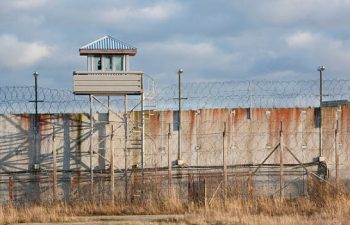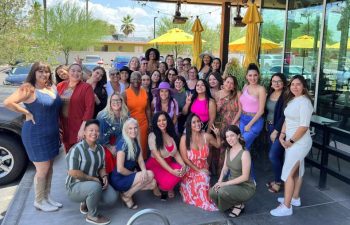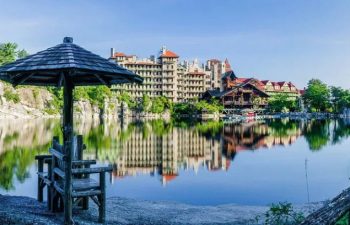The cannabis and smoke shop industries have experienced remarkable growth in recent years, fueled by changing attitudes, evolving regulations, and increased demand. As these industries continue to flourish, many entrepreneurs are eager to capitalize on the opportunities they present. However, starting a business in these sectors comes with its own unique set of challenges, particularly in terms of capital expenses. In this article, we delve into the details of opening and running a cannabis or smoke shop business, shedding light on the costs involved, while also providing insights on securing funding.
Wholesale Vendors
- Average capital expenditure per establishment, 2021: $103,469
- Total 2021 capital expenditures industrywide: $26.7 billion
- 12.7% of wholesale vendors reported starting their business with $5,000 or less.
Wholesale vendors are essential players in the supply chain, serving as intermediaries between manufacturers and retailers. Capital expenses for wholesale vendors primarily revolve around inventory acquisition, warehousing facilities, and transportation infrastructure. The average capital expenditure per establishment in 2021 stood at $103,469, with the industry as a whole spending a staggering $26.7 billion on capital expenses during that year. It is worth noting that 12.7% of wholesale vendors reported starting their business with $5,000 or less, emphasizing the diverse range of capital requirements in this sector.
Retail Businesses
- Average capital expenditure per establishment, 2021: $103,469
- Total 2021 capital expenditures industrywide: $26.7 billion
- 12.7% of retail businesses reported starting their business with $5,000 or less.
Retail businesses in the cannabis and smoke shop industries face similar capital expenditure patterns as their wholesale counterparts. Acquiring inventory, managing storage space, and establishing efficient transportation systems form the core of their capital costs. However, in the retail sector, additional expenses such as marketing efforts and creating an appealing retail environment contribute to the overall capital requirements. Building a visually appealing store layout, investing in quality fixtures and displays, and creating an inviting atmosphere all contribute to attracting and retaining customers.
Indirect Factors Affecting Capital Costs
- Licensing fees, insurance coverage, professional services (accounting and legal counsel), employee salaries, and marketing needs indirectly contribute to capital costs.
- These factors should be considered when developing a comprehensive financial plan.
Now, we invite you to share your own experiences and perspectives. If you have firsthand knowledge of opening and running a business in the cannabis or smoke shop industries, we would love to hear from you. What were the major capital expenses you encountered? How did you navigate the challenges? Don’t Bogart the intel –– share your insights to contribute to the collective knowledge of our community.
















